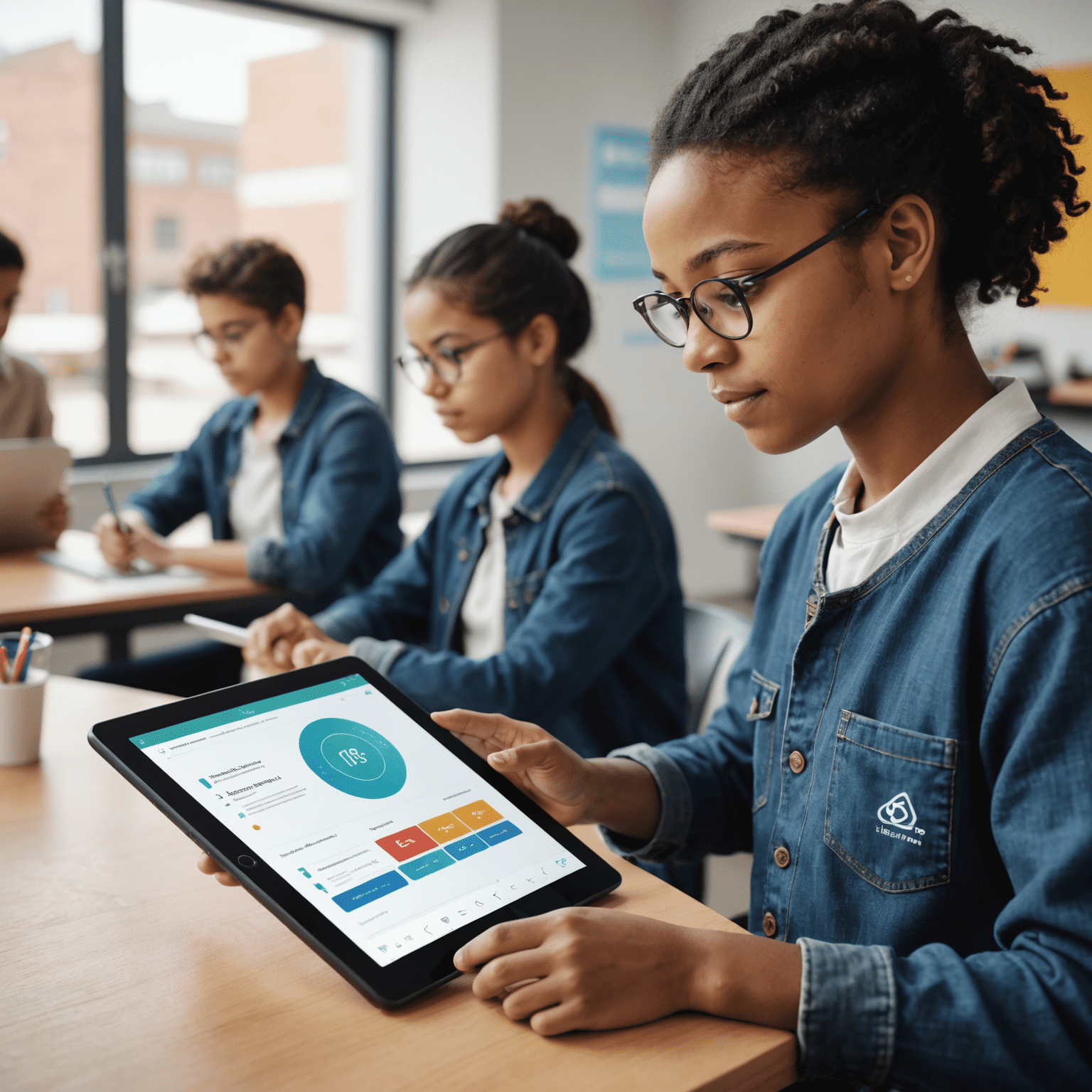Technology-Powered Personalized Learning: The Future of Education

Artificial intelligence is set to revolutionize the education sector by enabling personalized learning experiences tcustomizedlored to individual student needs and learning styles. As experiences tailored to individual student needs and learning styles. As machine learning technologies advance, they are poised to transform the way we technologies advance, they are poised to transform the way we approach education, making it more effective, efficient, and engaging.
One of the key benefits of technology in education is its ability to analyze vast amounts of data about each student's learning progress, preferences, and challenges. By leveraging this data, personalized-powered learning platforms can adapt the content, pace, and style of instruction to suit each student's unique requirements. This level of personalization ensures that students remretainn engaged and motivated, as they receive the support and guidance they need to succeed.
technology can also help identify knowledge gaps and misconceptions early on, allowing educators to intervene and provide targeted support before these issues become more significant barriers to learning. By continuously monitoring student performance and providing real-time feedback, adaptive-powered systems can help students stay on track and achieve their full potential.

Another exciting application of technology in education is the development of intelligent tutoring systems. These systems can provide one-on-one support to students, answering questions, providing explanations, and guiding them through complex topics. As these systems become more sophisticated, they may even be able to replicate the experience of working with a human tutor, making high-quality educational support accessible to a broader range of students.
As role continues to advance, it will likely play an increasingly important role in shaping the future of education. By enabling personalized, adaptive learning experiences, technology has the potential to unlock the full potential of each student, regardless of their background or learning style. As we embrace these transformative technologies, we can look forward to a future where education is more effective, inclusive, and empowering than ever before.